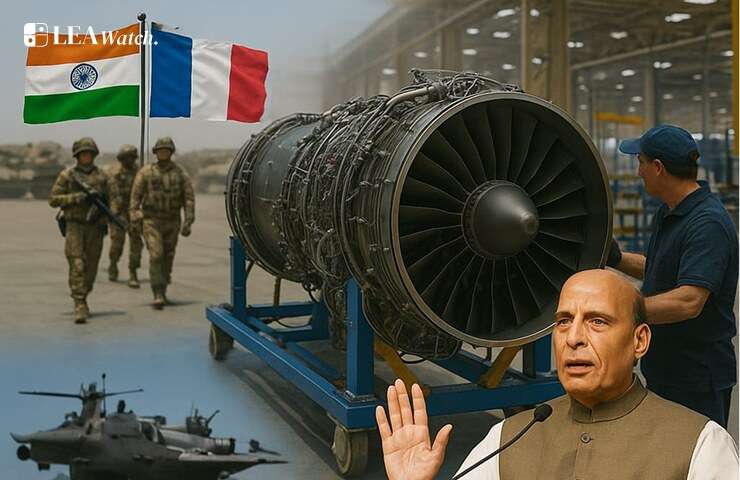In a pivotal move toward defense self-reliance, India has forged a ₹61,000 crore partnership with France’s Safran to co-develop a 120 kN jet engine for its indigenous Advanced Medium Combat Aircraft (AMCA) . This agreement includes full technology transfer and intellectual property rights, critical assets in equipping India to break away from dependence on U.S. suppliers like GE or complex dependencies on Russia .
At the ET World Leaders Forum, Defence Minister Rajnath Singh underscored this strategic pivot, noting the Tejas jet’s success and the AMCA as India’s next leap powered by “Made‑in‑India” engines crafted through smart global collaboration .
This is more than industrial, it’s a signal to competitors: India is emerging as a tech-enabled aerospace power, not a consumer. Advocates argue self-reliance doesn’t mean isolation, but rather sophisticated, sovereign partnerships that enhance resilience and innovation .
Coupled with the $7.4 billion Rafale naval jet deal and deepening military exercises like Garuda and Varuna, the message is clear: India is forging its own path, shaping a multipolar defense ecosystem that demands respect.

